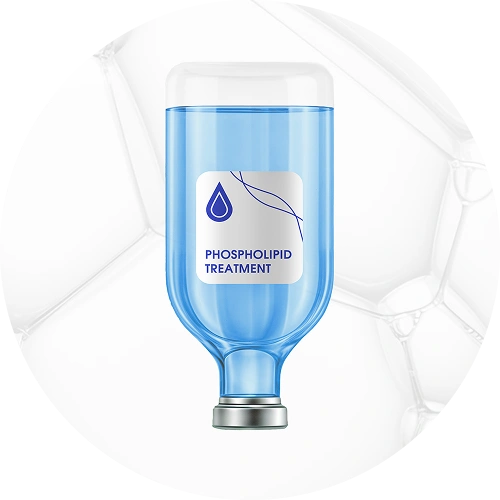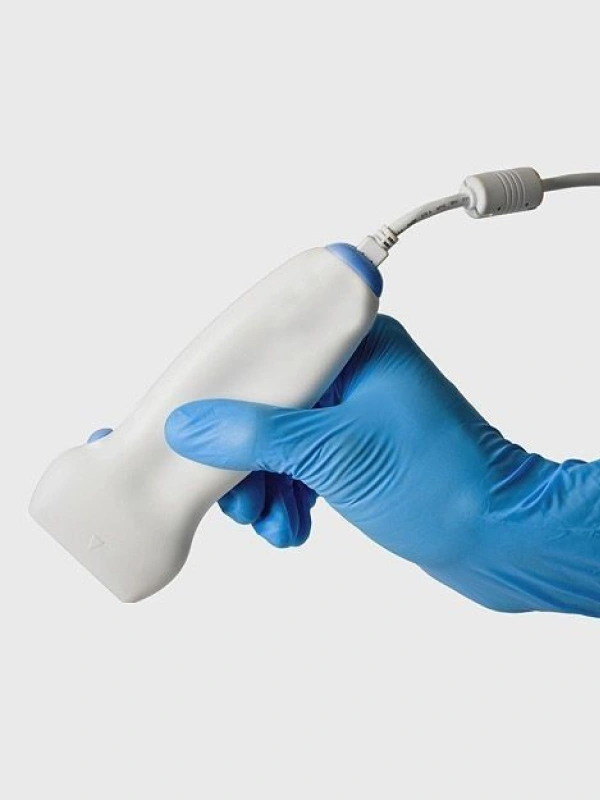Dubai
English
Request a call

Cystitis is an unpleasant condition familiar to millions of women and quite a few men. Frequent urges, sharp pains, and a burning sensation can significantly reduce the quality of life. But relieving the symptoms does not mean curing the illness. To understand where the problem begins, the first step is tests. Only based on the results can one determine which treatment will be effective.
Why it is important to identify the cause of the disease
At first glance, it may seem that making a diagnosis is simple — the symptoms of the disease are quite specific. But behind similar complaints lie different conditions: from bacterial infection to complicated pyelonephritis. That is why the doctor needs to understand exactly what they are dealing with before prescribing medication. Taking pills without consultation may give a short-term effect, but often leads to chronic progression.
Which tests should be taken first for cystitis
If alarming signs appear, it is better not to postpone a visit to the urologist. As a rule, everything starts with a basic set of tests that can show how severe the inflammation is and what caused it. Here is what the diagnostics usually begin with:- General urine test: shows the number of leukocytes, bacteria, presence of protein and other impurities.
- Urine culture for flora and antibiotic sensitivity: helps determine which medications will actually work.
- Complete blood count: allows assessment of the body’s general response to the inflammatory process.
- Urethral swab (more often in women): necessary to rule out sexually transmitted infections that cause similar symptoms.
- Cystoscopy (as indicated): used if the case is advanced or there are suspicions of another bladder disease.
Which urine tests are most informative for cystitis
It is urine that is most often sent to the laboratory for examination. This is the most important biomaterial that provides the most objective information at an early stage. To ensure reliable results, it is necessary to follow collection rules: use a sterile container, provide the morning portion, and avoid contamination by other substances. The following methods are considered the most informative:- Standard test: detects the presence of pus, blood, cloudiness.
- Nechiporenko method: helps assess the exact concentration of blood elements.
- Bacteriological culture: allows identification of the pathogen, especially in recurrent cases.
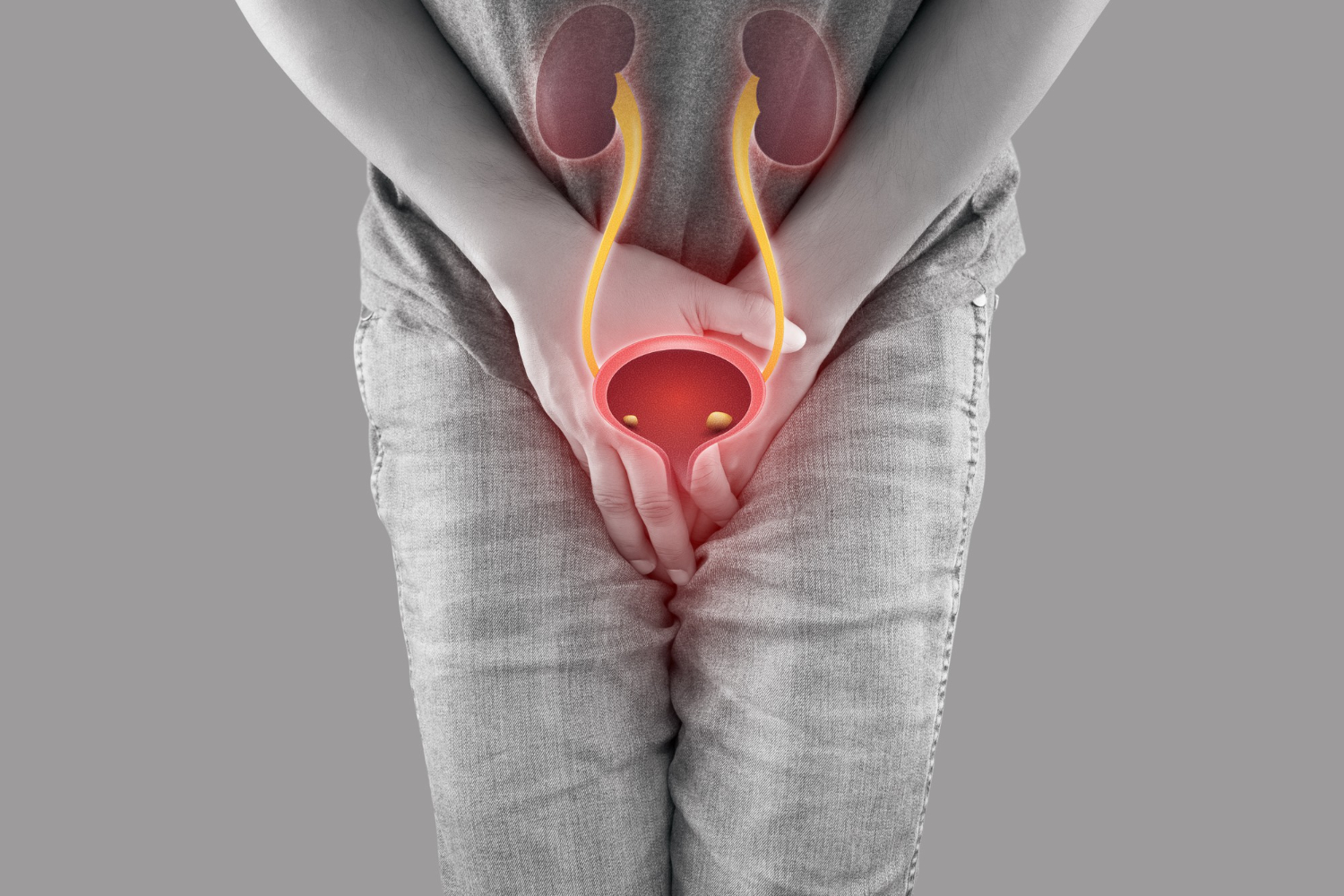
What tests should women take for cystitis
In women, bladder inflammation occurs more often due to anatomical features. A short urethra and the proximity of the vagina increase the risk of bacteria entering. In this regard, an extended examination is prescribed, especially in cases of recurrent complaints. If you are facing the problem not for the first time, a urologist may recommend:- PCR tests for hidden infections;
- Pelvic ultrasound;
- Cytology (in cases of prolonged course).
What tests are taken for cystitis and pyelonephritis – differences
When the infection rises higher and the kidneys become involved, it is already pyelonephritis. Here you need to act differently, as the condition can worsen up to kidney failure. The distinction between one pathology and the other is made precisely through laboratory diagnostics. What to pay attention to:- In a complete blood count, pyelonephritis often shows a high level of leukocytes and increased ESR.
- In urine – an elevated amount of bacteria and protein.
- Sometimes a blood biochemistry test is required to assess kidney function.
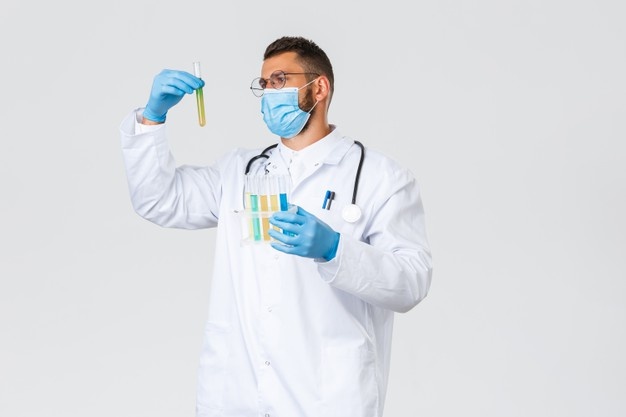
Which tests are repeated for cystitis
Even if the symptoms have disappeared, this does not always mean victory over the disease. Often the inflammation subsides only to return in a more severe form. Therefore, repeat diagnostics are a mandatory stage. Doctors usually ask the patient to:- check the urine again for general condition;
- do a repeat culture;
- undergo an ultrasound if there are doubts.
What is mandatory: which tests need to be done
Sometimes there is no time to wait – the discomfort increases every minute. In such cases, it is important to understand which actions are mandatory first. A minimal but informative set:- general urine analysis;
- bacterial culture;
- Nechiporenko test;
- blood test for inflammation.
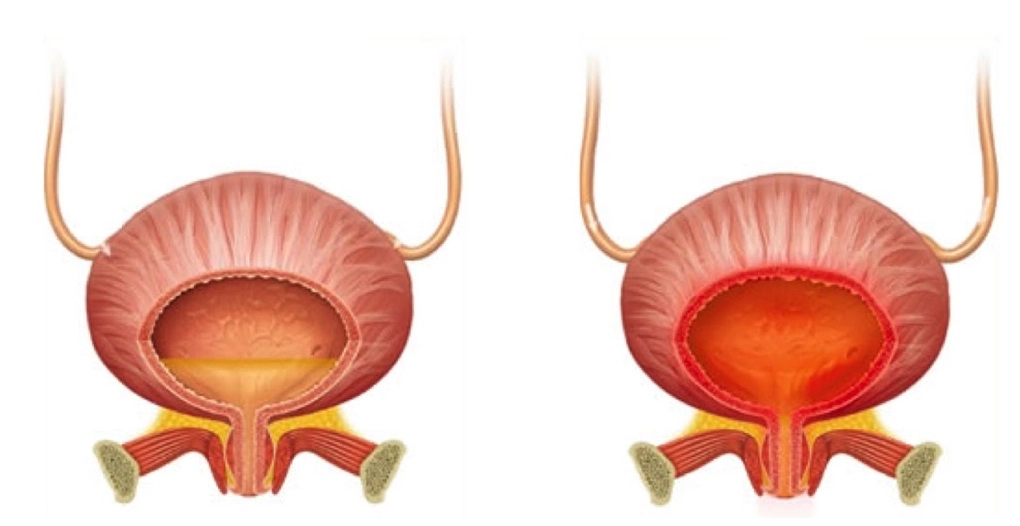
Which Tests to Take for Cystitis: List of Mandatory Exams
If inflammation of the bladder is suspected, the following are usually prescribed:- General urine test: shows the presence of leukocytes, blood, protein, and other signs of inflammation.
- Urine culture: identifies the pathogen and selects an effective antibiotic.
- Nechiporenko test: clarifies the concentration of cells in case of conflicting data.
- Complete blood count: assesses the degree of inflammation in the body.
- Swab for infections: helps rule out STIs with similar symptoms.
- Biochemical blood test: checks kidney function in case of complications.
- Cystoscopy: examination of the bladder mucosa in severe forms.
Additional Steps in Case of Recurrence
If symptoms reappear, it is worth undergoing:- ultrasound of the bladder and kidneys;
- PCR for mycoplasmas and ureaplasmas;
- cytological examination;
- gynecological examination;
- follow-up tests after treatment;
- hormonal balance check.

Fill out the form to book your consultation.
Your personal manager will contact you within 10 minutes and arrange a convenient time for your visit.



